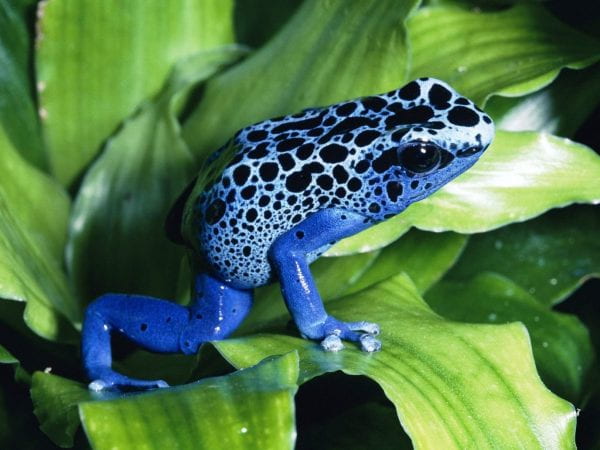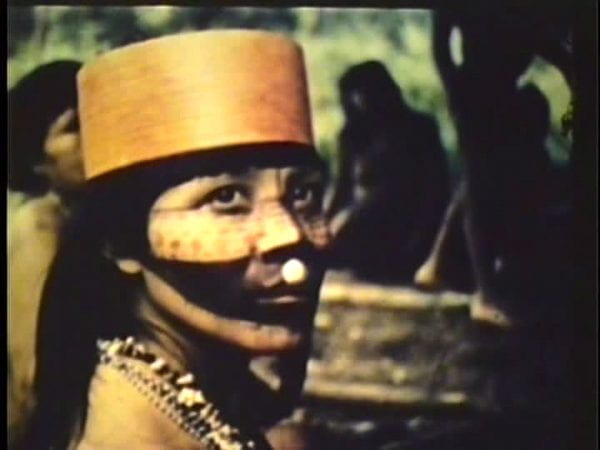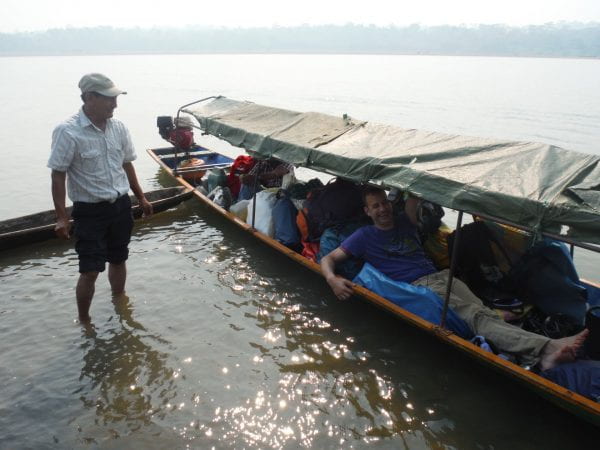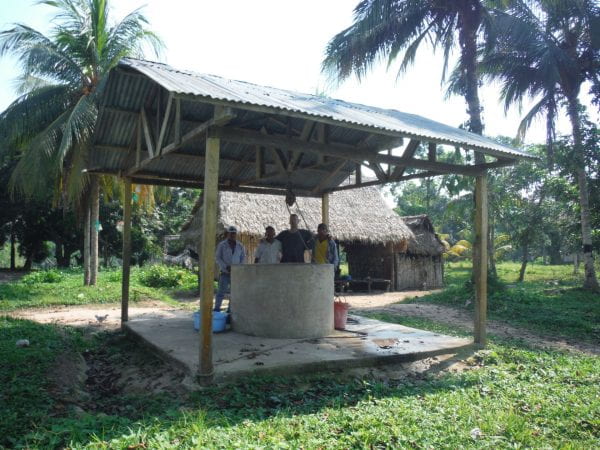Erik Levin
Conflict Avoidance through Access to Potable Water
Peruvian Amazon
April 19, 2016
My name is Erik Levin; I’m currently writing a PhD Candidate at the University of Chicago’s joint program in the Departments of Anthropology and Linguistics. For much of the past nine years, I have lived in an indigenous village in the Peruvian Amazon amongst the Amawaka people. The Amawakas’ land is located deep in the old-growth rain forest on top of huge reserves of petroleum and natural gas. Many people believe that this would help the Amawaka, and in principle, they might even be right. In practice, however, that is not what is happening. Until about three years ago, the Amawaka did not have a lot of contact with outsiders. Now their lands’ riches are attracting outsiders who are wreaking havoc upon their traditional ways of life, and on the ecosystems which the Amawaka depend upon for their daily food and water requirements.
Outsiders’ industrial activities continue to pollute the Inuya River along which the Amawaka live. Industrial pollution causes health problems for the Amawaka, both directly (from carcinogens), and indirectly (from protein deficiencies that are the results of the river’s decreased fish stocks).
To help the Amawaka maintain access to potable water, a Davis Grant for Peace is funding the construction of a well in one of their villages. The Amawaka approved this at a community meeting in March. Right now, engineers in Peru are designing the well. We will start construction in June, 2016, and finish in August 2016. Ideally, the well will help overall community health.

June 1st, 2016
After a fortuitous meeting here in Chicago with the Peruvian consul and the former Minister of Construction and Sanitation, the project is moving along very well. The Consul and the Minister helped with the paperwork, and engineers in Peru are putting the finishing touches on the well’s design.
We will transport all of the construction materials and machinery to the village in mid-June. Immediately thereafter, we will begin digging the well. This first phase of the project will last through the first week of July. After that, we will need to pause construction until the end of the summer, when we will begin the second and final phase of the project.
The reason why we need to build the well in two phases has to do with the height of the river – the highway in this part of the jungle – upon which the village is located. Many people are surprised to learn that it doesn’t rain at all in much of the Western Amazonian rainforest during the (northern) summer months. In fact, the climate is so dry from mid-July until early August that some of the smaller Amazonian tributaries dry up entirely in places. In past years, I have had to drag my canoe with rope over sections of dry river bed during the dry season. The only other way to enter or leave the village is to trek 150km through dense jungle, and dear as my Amawaka friends are to me, I’m not doing that carrying bags of concrete.
The next blog post will be in early June, just before we begin phase one of the project. Til then!


October 27, 2016
[N.b.: Almost none of the Inuya River Amawaka have access to electronic media. For that reason, at a village meeting in September 2016, the community pre-approved any statements here that I make on their behalf. Also, because of issues of informed consent, under most circumstances we cannot publish pictures of Amawaka individuals. Instead, we’ve posted one picture of the non-indigenous crew in a canoe loaded with supplies on the way to the village, and another picture at the well.]
The well has been built, and the Amawaka residents of the site have a new source of accessible, potable water! There is now less reason for Amawaka people to leave their village, should they desire to stay. As a result, it might be just a little bit easier for Amawaka people to maintain their culture, traditional knowledge, and language (which is not to say that it will be easy). Conflicts over water are, for now, less likely to erupt into violence. Although logging, and petroleum and natural gas extraction continue to take their tolls on all peoples of the region, my Amawaka friends are glad to have a new well to offset some of the effects of environmental devastation. We’ve agreed that we will soon make a plaque that reads “Katirin Dawisin Huin Janpandi. Hui Ayahi-kan!”. It’s Amawaka for “The Kathryn Davis Memorial Well. Come and have a drink of water!” (the original Amawaka has a better ring to it).
Although the Davis Projects for Peace grant program through International Houses Worldwide funded this project directly, it would not have been possible had other organizations not supported the years of research and preparations that preceded the project. Those organizations include, but are not limited to the Wenner-Gren Foundation, the American Philosophical Society, the Tinker Foundation, DOBES Documentation of Endangered Languages Programme, the University of Chicago Center for Latin American Studies (CLAS), the University of Chicago Departments of Anrthopology and Linguistics, and coming full circle, from the Davis Scholarship through Middlebury College nearly a decade ago.
Most importantly, this project could never have come to fruition without the Amawaka people’s generous provisions of housing, food, and cultural and linguistic guidance during the duration of the project and the nine years that preceded it.

